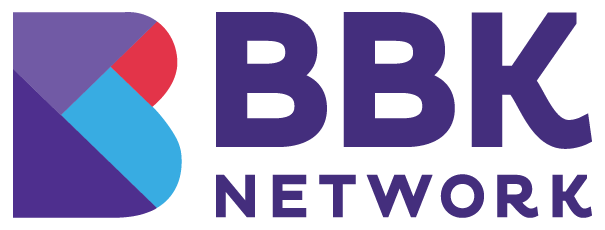Communities grapple with having insufficient access to technological resources, which leads to problems in various industries, a major one being education. As online schooling becomes more prevalent, having access to a computer or laptop has turned into a necessity for students. However, not all families are able to afford the technology and internet services required for themselves or their families, and the Covid-19 pandemic has made this issue even more obvious. Fortunately, through the altruism and compassion of organizations around the world, this dilemma is being tackled in various different ways.
Engineering Good (SINGAPORE)
Founded by a group of engineers, Engineering Good is a charity that advocates for the empowerment of disadvantaged communities by improving their quality of life through engineering solutions. The organization heightened their objectives related to closing the digital divide when schools closed as a result of Covid-19 and classes transitioned to online learning. Local students from low-income families struggled as they either could not afford these devices or they needed to share them with other family members. Engineering Good has distributed around 4,000 refurbished laptops to low-income families in Singapore, while they also work on developing, building, and adapting devices to meet the needs of people with disabilities.
One Gadget, One Child (PHILIPPINES)
This campaign was launched in June 2020 as the Covid-19 pandemic struck the Philippines and at-home learning was implemented. Ms. Menchie Hermosisima, the project’s founder, and several volunteers dedicated their time to helping students struggling through the pandemic by collecting and distributing used and new smartphones, laptops, and tablets. The project discovered a huge demand for their initiative in local communities, mainly for families and students in their online learning. One Gadget, One Child also aims to reduce the percentage of school dropouts in the Philippines resulting from a lack of access to online learning materials. The team feels that online learning along with adequate resources can bring positive impacts to a child’s academic career, as these students will get the chance to explore new perspectives that will benefit both them and their communities.
The Bridging Tech Charitable Fund (USA)
Championing educational and technological equity is the core value proposition of The Bridging Tech Charitable Fund, which is led by Isabel Wang and Margot Bellon. The Company aspires to help children escape the cycle of poverty and homelessness by providing them with technological devices that will enrich and strengthen their education. These two women have brought their personal experiences to the table in creating this organization, inspired by their own volunteering and community involvement. Until now, Bridging Tech has served shelters in over 15 cities throughout the United States. Aside from delivering laptops and computers to children in need, Bridging Tech offers remote tutoring services for children with the help of their fellow Stanford University students. Moreover, they have teamed up with different donors and partners to accomplish their goals, such as an organization called Computers 2 Kids who handles the refurbishment process of the donated laptops.
Streets to Schools (PHILIPPINES)
What started as a community project to support homeless children has evolved into an organization that fosters the ideals of the UN Conventions on the Rights of the Child (UNRC). For Streets to Schools, donating pre-loved gadgets is a big investment towards a child’s future. The organization has also created Ladders to Literacy, a series of online storytelling episodes, accompanied by QR Codes for convenient access to them. The goal of Ladders to Literacy is to help children become aware of the issues that exist in their community and to tell stories about it to enhance their literacy. Streets to Schools has also built portable radio stations with the help of local officials, which supports distance learning for elementary school students in Benguet.
One Laptop Per Child (USA)
Directed at furthering children’s academic experiences with technology, this organization strives to give computers to every child in the world. One Laptop Per Child envisions a world where every child can become an innovator as they build skill and creativity with the help of computers. This organization realized that it is not just about the issue of acquiring computers, but that there is also a divided understanding between parents and teachers when it comes to the use of computers in education. Therefore, One Laptop Per Child promotes computers as tools for creativity, as they believe there are many inventions and ingenious ideas that can take form if children are given the opportunity to grow their digital literacy.
The Turing Trust (UK)
As a way to honor Alan Turing’s legacy and generous nature, his family decided to create The Turing Trust with the goal to uplift disadvantaged communities through computer and laptop donations. The organization refurbishes technology equipment, installs a range of educational software, and distributes devices to communities within the United Kingdom and beyond. Along with several partner organizations, they have organized and supported projects in African countries including Ghana, Kenya, Liberia, Gambia, South Sudan, Zimbabwe, and Ethiopia. To date, they have given computers to over 55,000 students across Africa. Their current mission is to provide technology-enabled education in schools in Malawi, in partnership with the Centre for Youth and Development. The Turing Trust believes in the significance of sending computers to these communities as it will help improve their IT skills and open doors to more academic and future career opportunities. In the United Kingdom, The Turing Trust continue to train people in technology repair, while also offering assistance to students without access to adequate IT equipment for their studies.
Author: Marielle Valmores




